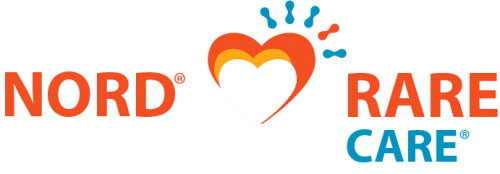
Chronic neutropenia
People with chronic neutropenia have low levels of white blood cells called neutrophils, and the condition is both a rare blood disorder and a rare type of primary immunodeficiency (PI).

People with chronic neutropenia have low levels of white blood cells called neutrophils, and the condition is both a rare blood disorder and a rare type of primary immunodeficiency (PI).
Therapy for chronic neutropenia focuses on preventing infection using specific bacterial or fungal antimicrobials. In case of an infection, your healthcare provider will carefully evaluate the pathogen causing it to determine the appropriate antibacterial or antifungal therapy.
Another treatment for chronic neutropenia is granulocyte-colony stimulating factors (G-CSF). G-CSF is a man-made version of a hormone that causes bone marrow to make and release neutrophils, which improves a person’s ability to fight off bacterial and fungal infections. G-CSF is administered through an injection, and side effects can include bone pain and headaches. For people with congenital neutropenia, long-term use of G-CSF may cause pre-leukemia or leukemia. In some circumstances, hematopoietic stem cell transplant (HSCT) may be considered depending on the genetic variant and an individual’s response to G-CSF.
Mavorixafor is an investigational medication that is being studied to see if it can help people with neutropenia by releasing neutrophils from the bone marrow. It works by blocking a receptor known as CXCR4 that is present on the surface of immune cells. Mavorixafor has been studied in healthy volunteers as well as people with WHIM syndrome (another PI) and cancer, and all studies showed increases in neutrophil count.

We are the only world-wide volunteer organization dedicated to saving lives through education, advances in treatment, and finding a cure for Barth syndrome (BTHS).

Previously known as The Fanconi Anemia Research Fund (FARF), The Fanconi Cancer Foundation (FCF) aims to harness hope through the funding of scientific research, advocacy, education, and support services for individuals and families affected by FA and associated cancers.


The National Organization for Rare Disorders (NORD) is a non-profit organization that provides information, programs, and services for thousands of rare medical conditions, including primary immunodeficiencies. NORD's RareCare® Patient Assistance Program offers more than 100 opportunities for financial aid to pay for the medical care you need and to help you through emergency situations.
This page contains general medical and/or legal information that cannot be applied safely to any individual case. Medical and/or legal knowledge and practice can change rapidly. Therefore, this page should not be used as a substitute for professional medical and/or legal advice. Additionally, links to other resources and websites are shared for informational purposes only and should not be considered an endorsement by the Immune Deficiency Foundation.
Receive news and helpful resources to your cell phone or inbox. You can change or cancel your subscription at any time.